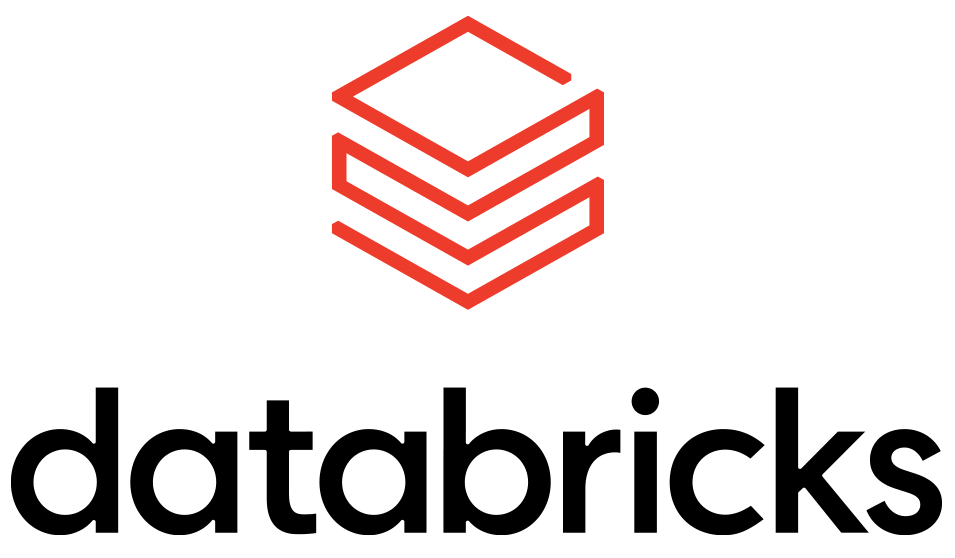The customer
Our customer, a global leader in the energy sector, operates across diverse regions with a focus on innovation and sustainability. Amidst evolving regulatory landscapes and data complexities, the client sought to strengthen their Data Governance and Security practices to ensure compliance and streamline access control across their expansive organization. Recognizing the need for a partner with industry expertise and a proven track record, the client engaged Devoteam to navigate these challenges and drive transformative change in their data management approach.
The challenge: Managing data governance and security
The energy company faced a multifaceted challenge in managing data governance and security within its sprawling organizational framework. With data assets spread across diverse domains and operational units, the organization grappled with the complexities of access control and permission management.
Limitations of traditional Role-Based Access Control
At the core of their challenge lay the limitations of traditional RBAC (Role-Based Access Control) and Microsoft Entra ID groups. As the organization expanded, they encountered scalability issues, with the growing number of groups approaching the threshold of Azure subscription limitations and the use of groups in Azure meant that different IT teams needed be involved when providing different security groups creating a bottleneck. Moreover, the existing approach led to redundancy in permissions, necessitating complex and time-consuming adjustments to ensure appropriate access levels.
Fine-grained access control
The intricacies extended beyond mere group management; the organization also struggled with fine-grained access control to data tables within their Data Platform, comprising intricate systems like Databricks and The Unity Catalog. Existing solutions fell short in providing the granularity required to enforce access policies effectively. This led to a reliance on manual interventions by technically adept personnel, resulting in inefficiencies and potential security vulnerabilities.
Compounding the challenge was the entrenched familiarity with RBAC among the organization’s teams, making the transition to more dynamic access control paradigms like Attribute-Based Access Control (ABAC) a daunting task. This necessitated not only a technological overhaul but also a cultural shift towards embracing newer, more flexible methodologies.
The energy company faced a convergence of technical and cultural challenges in their quest for enhanced data governance and security. Overcoming these hurdles required a comprehensive solution that could address scalability, granularity, and user adoption while ensuring compliance and mitigating security risks.
The solution: a centralized data platform
A comprehensive solution was engineered to address the energy company’s intricate data governance and security challenges. At its core, the solution centered around the implementation of a centralized platform with access policy management, leveraging cutting-edge technologies and best practices. Utilizing Collibra for data asset management and classification, established a robust foundation for organizing and categorizing the organization’s diverse data assets. This enabled our customer to gain granular insights into their data landscape, facilitating more informed decision-making regarding access controls and compliance requirements.
In tandem with Collibra, Immuta, a leading data access and control platform, was integrated to enforce access policies and ensure compliance across the organization’s data ecosystem. Immuta’s advanced capabilities allowed for seamless synchronization of user attributes and the creation of fine-grained data access policies, tailored to the specific needs of each business unit.
Ability to accomodate ABAC and RBAC
One of the key features of the solution was its ability to accommodate both Attribute-Based Access Control (ABAC) and Role-Based Access Control (RBAC) paradigms, providing the flexibility to transition from legacy access control models to more dynamic and adaptive approaches. Customized policy templates and workflows were developed in collaboration with the client’s teams, empowering them to efficiently manage access permissions while adhering to regulatory requirements.
Furthermore, a dedicated team played a pivotal role in driving user adoption and proficiency in the new solution. Through comprehensive training programs and ongoing support, business users were equipped with the knowledge and tools necessary to navigate the complexities of data governance and security effectively.
Results
The solution brought significant advantages for the organization, fundamentally reshaping their data governance and security practices. By centralizing access policy management and embracing innovative technologies, the organization achieved significant efficiencies in handling sensitive data. This streamlined process not only boosted operational efficiency but also democratized data access, empowering stakeholders across the organization to derive insights and make informed decisions. Moreover, it ensured compliance with regulatory requirements, shielding the organization from potential penalties and safeguarding its reputation.
Additionally, adopting advanced data access and control capabilities resulted in substantial cost savings associated with access control maintenance and management. The simplified policy management interface not only lightened the load on IT and security teams but also empowered data stewards and data owners enabling them to play a more active role in data governance and in the decision-making process. Furthermore, transitioning to a data-centric approach to access control bolstered the organization’s resilience to structural changes and evolving regulatory obligations. Prioritizing the protection of data assets enhanced defenses against potential security breaches and unauthorized access attempts.
Conclusion
In summary, the solution implementation optimized operational processes and positioned the organization as a leader in data governance and security within the energy sector. By embracing innovation and best practices, the customer set a new standard for effective and compliant data management, ensuring their continued success in an increasingly data-driven world.
